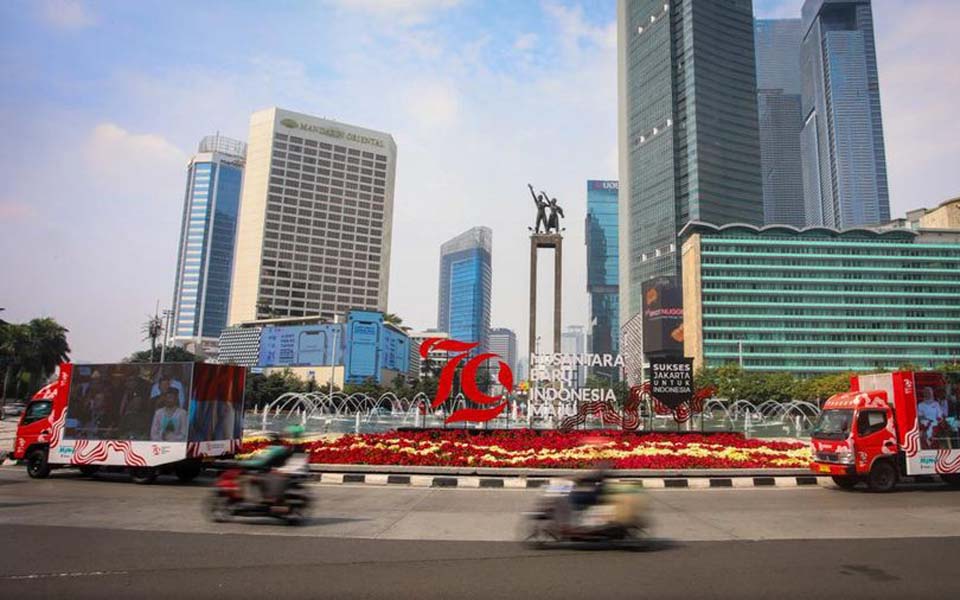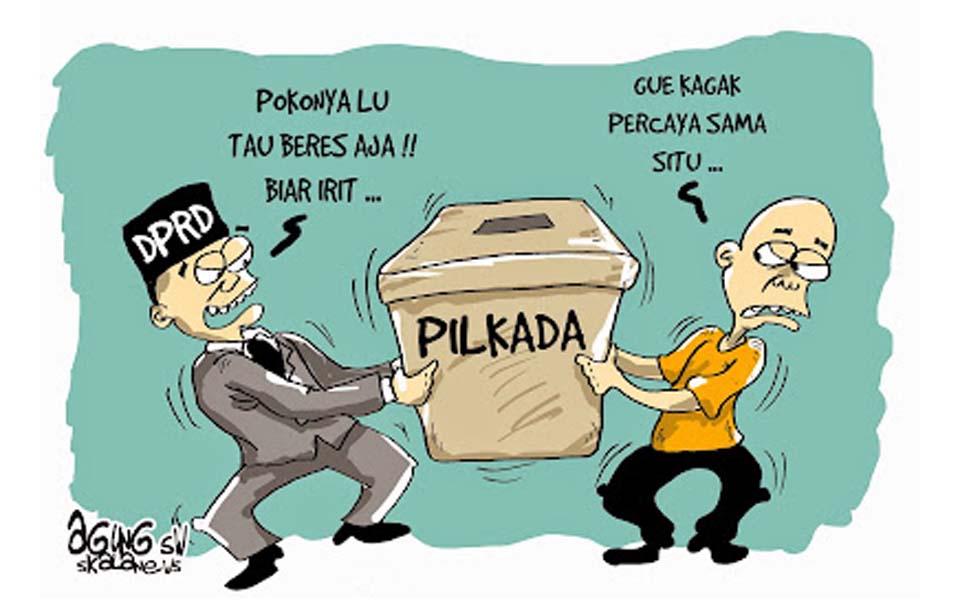Jakarta – The support for political parties based upon Islam and with an Islamic mass base is stagnating and tending to decline. The situation is the reverse of political support for parties without a religious basis.
This was revealed in a survey by the Indonesian Survey Institute (LSI) that was published in Jakarta on Friday October 5. The survey, which was conducted in September, showed that support for political parties with an Islamic backgrounds such as the United Development Party (PPP), the Prosperity and Justice Party (PKS) and the National Awakening Party (PKB), stood at only 4 percent. Support for the National Mandate Party (PAN) was down to 3 percent.
This level of support has declined drastically compared with the results of the 2004 general elections. Previously, the PKB and PAN had garnered 11 and 6 percent of the vote respectively. The PPP and the PKS, which have an Islamic basis, obtained 8 and 7 percent respectively.
Conversely, according to the survey, support for the Indonesian Democratic Party of Struggle (PDI-P), the Golkar Party and the Democratic Party, which do not have a religious basis, has tended to strengthen. Last September the PDI-P had the support of 20 percent of the vote while Golkar and the Democrat Party had 17.5 and 14 percent respectively.
In the 2004 general elections, the PDI-P won 18.5 percent of the vote while Golkar and the Democrat Party obtained 22 and 7 percent respectively.
“The political forces behind Indonesian Islamic based parties are tending to become more and more secular”, said LSI Executive Director Saiful Mujani.
According to Mujani, this has occurred because the orientation of Indonesian Muslims towards secular political values has been strengthening. “Islamic activists have failed to interpret Islamic political values in the form of electoral movements and forces,” he added.
This failure has also been cause by the incapacity of Islamic activists to control sources of funds that are still monopolised by secular political groups.
The chairperson of PPP’s central management board, Akhmad Muqowam believes that the survey shows that support for Islamic political parties has been relatively stagnant since the 1955 general elections up until this day. He also points to secular values that were planted by the Dutch colonial government that have become strongly embedded in society.
He also conceded that Islamic based parties with a mass base of Islamic support have failed to demonstrate their Islamic identity in political campaigns either in party politics or the state. Many parties claim to be Islamic, but have taken a secular stance.
Hamid Basyaib, an activist from the Liberal Islamic Network (JIL), explained that formal religious values should not be present in the public arena. The experience of secular states indicates that when religion is not present in politics, this is precisely when there are improvements in the quality of services to the public. (MZW)
[Translated by James Balowski.]















